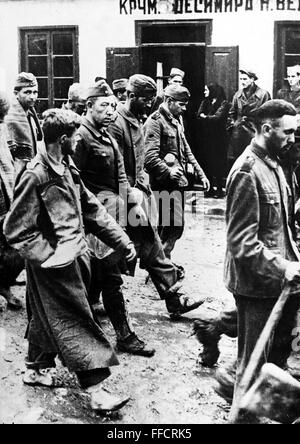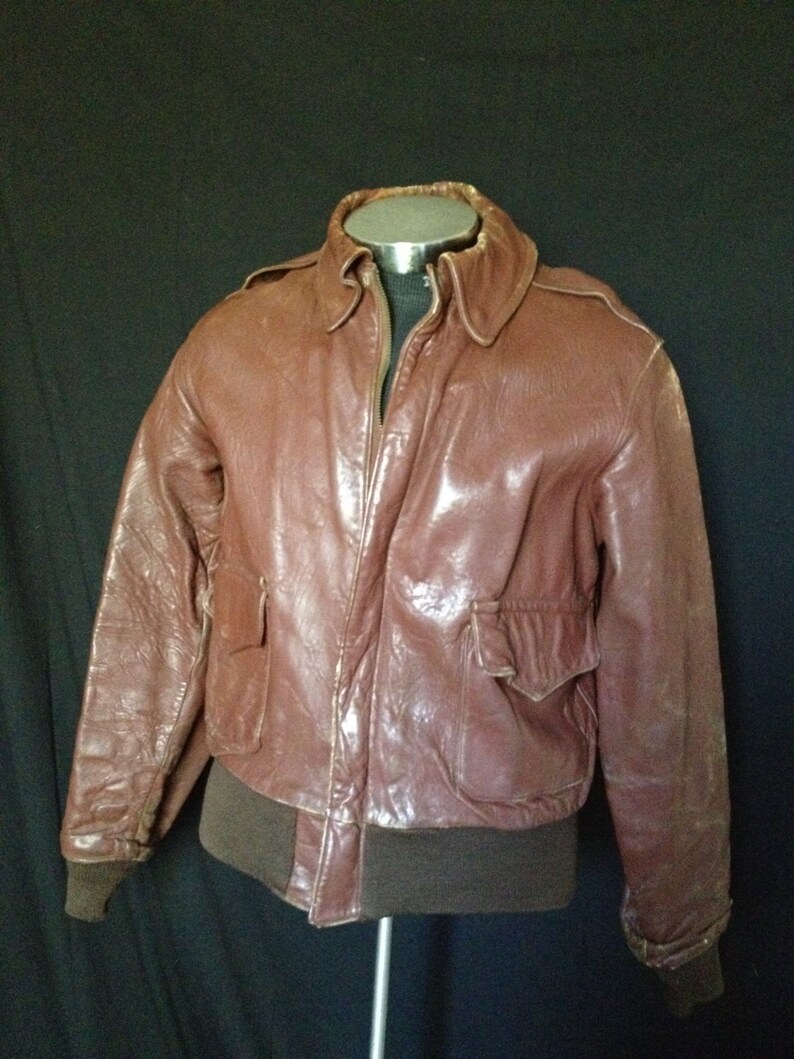

Supporters of open standards criticise the What3words system for being controlled by a private business and the software for being patented and not freely usable. The company has also partnered with logistics companies, taxi services, automotive manufacturers, post offices and global couriers for using its service. The Los Angeles Fire Department adopted the app in July 2021. Īs of September 2021, more than 85 per cent of British emergency services teams use what3words, including the Metropolitan Police and London Fire Brigade. In February 2020, in Singapore, the system was used to help rescue 2 lost 14 year old boys. That month, in Australia, it was also first used in a rescue operation. In February 2020, in Scotland, the system was first used by stranded walkers. Further details may exist on the talk page. Please expand the section to include this information. This section is missing information about occurrence of emergency services accepting W3W only (not trained for mobile or OSGB grid).

Ĭo-founder and CEO Sheldrick claims "Whilst the overwhelming proportion of similar-sounding three-word combinations will be so far apart that an error is obvious, there will still be cases where similar sounding word combinations are nearby." According to Rory Sutherland of Ogilvy (an advertising agency employed by what3words) in an op-ed piece for The Spectator, the system's advantages are memorability, error-detection, non-ambiguity of words for most everyday and non-technical uses, and voice input. The company states that densely populated areas have strings of short words due to more frequent usage while less populated areas, such as the North Atlantic, use more complex words.

What3words originally sold "OneWord" addresses, which were stored in a database for a yearly fee, but this offering has been discontinued. The lists are manually checked to remove homophones and offensive words. Įach what3words language uses a list of 25,000 words (40,000 in English, as it covers sea as well as land). Rather, territories are localised considering linguistic sensitivities and nuances. Translations are not direct, as direct translations to some languages could produce more than three words. The addresses are available in 50 languages. What3words divides the world into a grid of 57 trillion 3-by-3-metre squares, each of which has a three-word address. By January 2020 the company had reached 100 employees and raised over £50M from investors. In the year ending December 2019, the company lost £14.5M and had reported assets of £24.7M. In 2018 the company had a turnover of £274,000 and lost £11M. In March 2021 it was announced that ITV plc had bought a £2.7 million stake in What3words to gain access to advertising space. The A-Class, launched in May 2018, became the first vehicle in the world with What3words on board. In January 2018, Mercedes-Benz bought approximately 10% of the company and announced support for What3words in future versions of the Mercedes-Benz User Experience infotainment and navigation system. In November 2013, what3words raised US$500,000 of seed funding įollowing initial unsuccessful attempts to become profitable as a consumer-focused offering, What3words switched to a business-to-business model. The company was incorporated in March 2013 and a patent application for the core technology filed in April 2013. He credits a mathematician friend for the idea of dividing the world into three-metre squares, and the linguist Jack Waley-Cohen with using memorable words.

Sheldrick tried using GPS coordinates to locate the venues, but decided that words were better than numbers after a one-digit error led him to the wrong location. Sheldrick and Ganesalingam conceived the idea when Sheldrick, working as an event organizer, struggled to get bands and equipment to music venues using inadequate address information. Founded by Chris Sheldrick, Jack Waley-Cohen, Mohan Ganesalingam and Michael Dent, what3words was launched in July 2013.


 0 kommentar(er)
0 kommentar(er)
